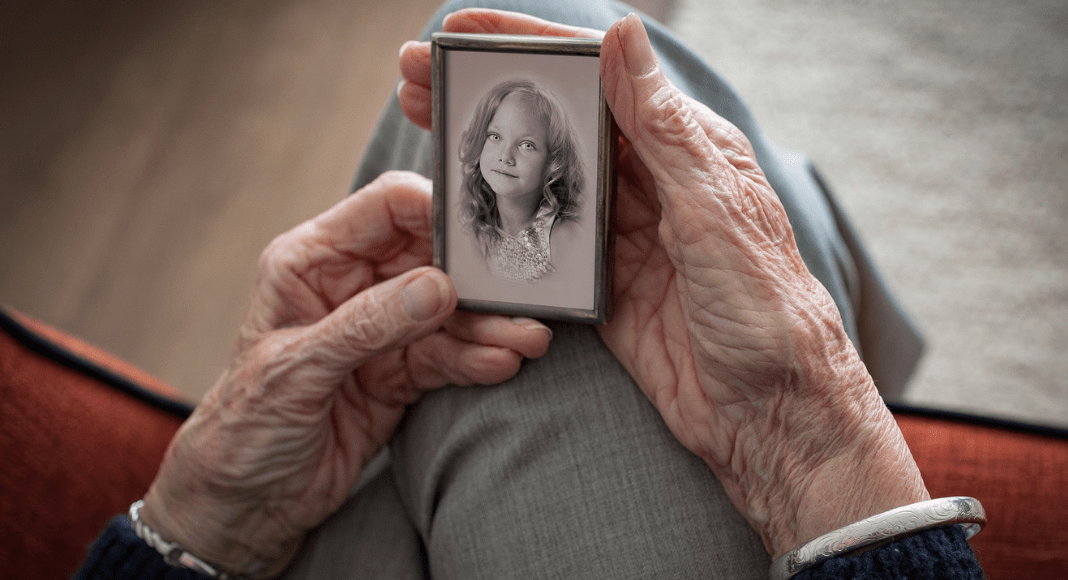
It took me nearly half my life to realize I perhaps cheated death when I arrived into this world.
In my twenties, I worked for a medical non-profit off the coast of West Africa. Because I helped to tell the stories of the patients who arrived on our floating hospital, I saw an incalculable number of babies with cleft palates and lips during my time with Mercy Ships. I loved talking to the mothers and seeing their faces light up when I told them I had the same surgery their babies would later receive.
Cleft palate babies are born with a hole in the roof of their mouth. Cleft lips can split the upper lip in two, and depending on the severity of either or both together, babies are unable to suckle, often leaving mothers bewildered and babies malnourished. Some of the babies I saw were so terribly underfed that they needed extra nourishment for weeks or months, before surgery could even be performed.
Cleft lips and palates are some of the most common birth defects in the world, and they are usually a fairly simple surgical fix, and yet babies today still die in developing countries from lack of knowledge and care, or even abandonment due to their condition. I had surgery to correct my own cleft palate at age two, and while the scars are barely visible along the roof of my mouth, my nasally voice remains — a permanent reminder of what I went through as a baby.
When my mother first sent me to school, she told me to treat everyone the same — to not judge another kid by the sound of their voice, or their clothes, or their background. And yet I was often the brunt of jokes — bullied even. I couldn’t understand why others poked fun at me for something I had no control over and I hated my voice because of it.
Being mildly bullied is one thing — being abandoned and left for dead when your village believes you are cursed due to that same birth defect is quite another. When I encountered those mothers in Africa — the ones who didn’t abandon their babies, but who nonetheless were at their wit’s end with how to feed their child — I realized then how lucky I was to simply be alive.
Suddenly, my nasally voice didn’t seem to bother me as much.
Despite having this same birth defect as these babies, I was born in a time and place where my own mother had access to medical care, support, breast pumps and special nipples on baby bottles so her own baby wouldn’t wither from malnutrition. I survived because of that.
I spent a lot of time in Sierra Leone when I worked in West Africa. The country had been ravaged by a particularly gruesome civil war, and reminders were everywhere. Early on, over 6,000 people died just in one city over the span of several weeks — countless more in the decade to follow. I quickly realized how fortunate I was to even make it to my twenties. At the time, the average life span for women there was mid-forties,* an age where I now find myself.
I had my son late in life — well past when many women around the world have their babies. Even in America, the check mark beside ‘Advanced Maternal Age’ on my chart seemed to glare at me during every medical appointment. My son was breech, and as I later found out, I have a bicorniate uterus, so no matter what I tried (believe me, I tried nearly everything), that baby couldn’t have flipped over if he wanted to. As much as I wanted an all-natural birth, I know now that my c-section allowed me to deliver a healthy baby boy. In another time or place, I nor my baby, may not have been so fortunate.
In all of the countries I’ve been to in West Africa, nearly every mother I met had lost at least one child either at birth or soon after, often due to lack of medical care or a simple preventable childhood disease. Infant and maternal mortality around the world is staggering. My own son at seven has outlived scores of others. I’ve also lived longer than several friends, classmates and colleagues who died far too young in their teens and twenties. By the time I turned 38, I had outlived my grandmother; at 40, my older brother. As I turned 46, I bested my dad at mortal life. I don’t think of myself as old, and yet in many places around the world, such as Sierra Leone, or even within my own family, I am old indeed.
We don’t like to think of growing old though, or even our own mortality, do we?
It’s sometimes weird and somewhat embarrassing — a little like those awkward years of school, where maybe we were made fun of for the way we looked, or how we sounded. Early on in the pandemic, like many others, I stopped dying my hair for a bit. However, my gray hair was very noticeable on every Zoom call. Several people pointed it out, often asking me in front of others, if I planned to keep it that way or if I just hadn’t gotten around to dying it yet.
Somewhat annoyed, I quickly ordered more henna and continued to dye it for months, until one day, I looked at myself in the mirror and realized the gray actually suited my complexion better. I didn’t care anymore if people guessed my age based on my hair color (and let’s be honest here, I started going gray at 21).
Last year, I had a routine eye appointment with my optometrist. While he checked for glaucoma, I mentioned that my mother was about to have cataract surgery. I told him how incredibly grumpy she was about it — and about growing old in general. He laughingly told me she should celebrate the fact that she’s lived long enough to get cataracts.
I went home with more clarity (both figuratively and literally — stronger prescription glasses over 40 are where it’s at). My optometrist had a point. We are often so obsessed with trying to stay young, and so annoyed with our bodies when they don’t do what they used to do, that we forget it’s actually a privilege to grow old. Many people around the world don’t get the chance to make it to even half our age.
I think we’ve all aged even faster in this past year and a half. I know I have. I need those prescription glasses plus a magnifying glass to read the label on anything these days. I now have to watch my cholesterol, and I have a few weird joints on my hands that are apparently the inevitable start of arthritis. I wake up each day stiffer and creakier and somewhat crankier than I did in my twenties.
I also wake up alive — and that is a gift I do not take lightly.
Like birth defects, or where we were born, or the mother who carried us in her womb, growing old is not something any of us can control. Oh sure, we are pretty good at growing old gracefully, if by gracefully you mean slowing down time. We can camouflage our age for a while with creams, lotions, potions, injections, procedures and bottles of hair dye. Eventually though, growing old will creep up on all of us, if we are so lucky.
My age is currently inching up on me at an increasing speed with varicose veins, more crow’s feet and that gray hair. I am growing old, no doubt. I’m also grateful to be growing old.
* Sierra Leone has since added on several more years to their average, but it still consistently ranks as one of the worst countries worldwide for life expectancies. (The United States is in the top tier with some of the highest life expectancies in the upper-70s, but there are still 40 plus countries above us who average an even longer life span.)


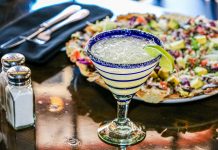
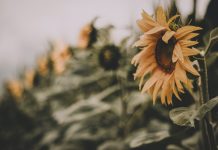
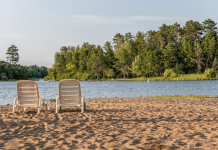
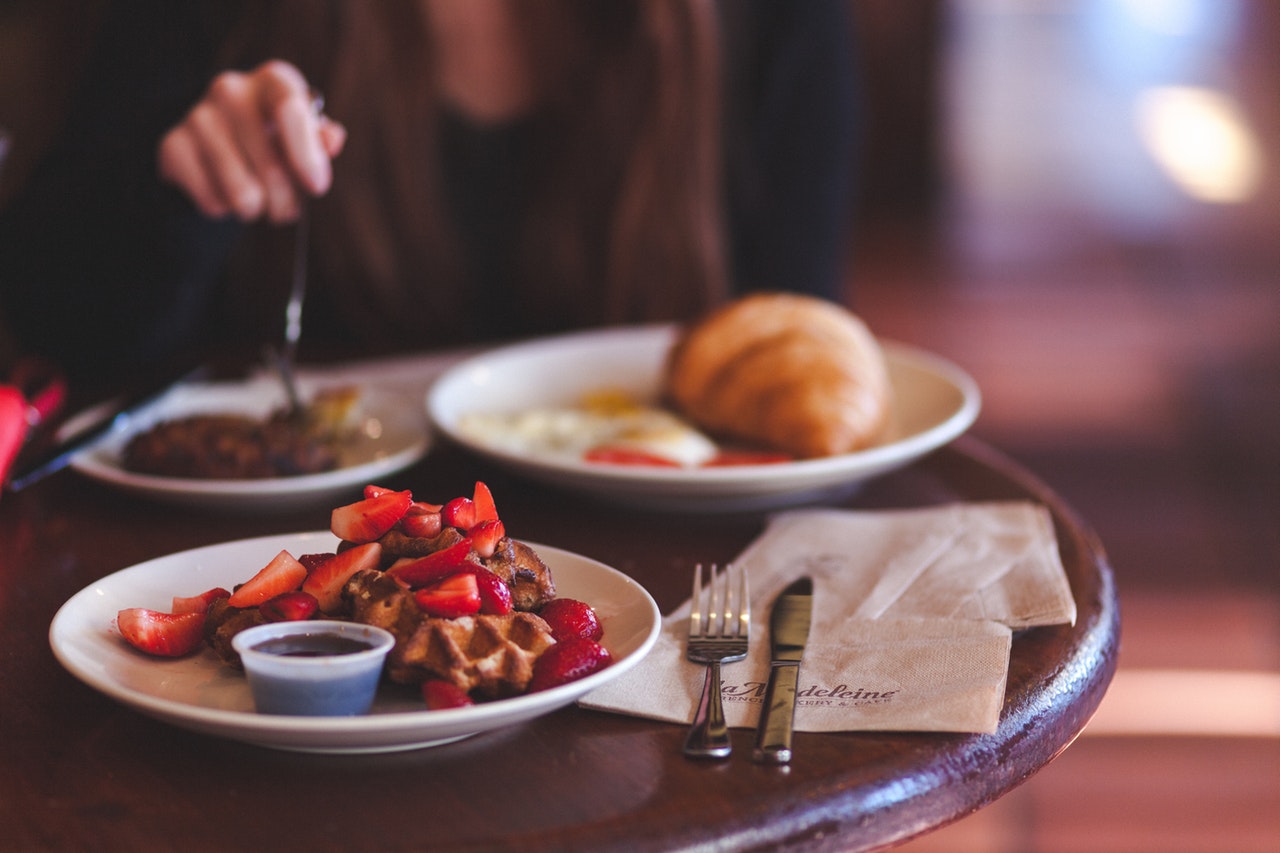






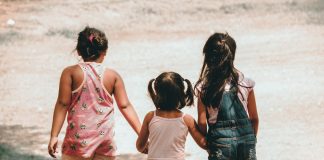




So honored to know you and excited when your article appeared on my FB feed. Delighted to know you continue to write. Still remembering your inspiration to the LVKnit2gether Guild. We continue to exist through efforts of Karen Hallowell & others. Please keep writing & in touch. Love to you, the sailor,and Peanut. Am sure he has outgrown this name.
Joanne Balliet
PS still have little bag you made w/ world design
Thank you so much Joanne! Yes, the Peanut is definitely outgrowing that nickname 😉 I love that you still have that reusable bag. I miss meeting with all of you at the Guild — such fun memories. Hope you have been well.
Comments are closed.